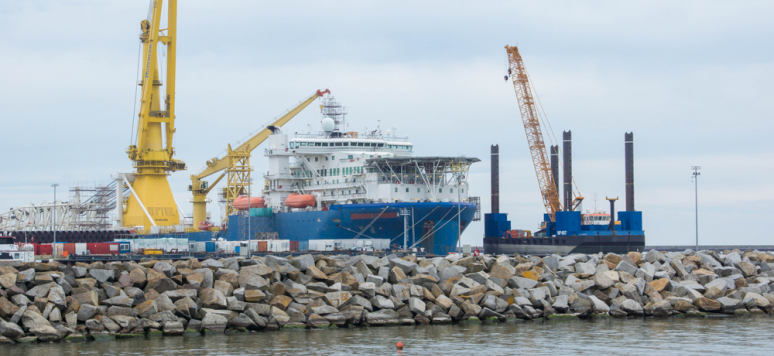L'Ifri dans les médias - Navalny Poisoning Raises Pressure on Merkel to Cancel Russian Pipeline

Evidence that the Russian opposition leader was attacked with a military-grade nerve agent has placed new pressures on the German chancellor.
BRUSSELS — Chancellor Angela Merkel of Germany has long defended her decision to go ahead with an $11 billion Russian gas pipeline, sticking to her position that politics and business should remain separate.
But that approach came under intense pressure Thursday, with a Russian dissident in a German hospital, poisoned with a military-grade nerve agent that is held closely by the Russian military. Even some members of her own party insisted that the chancellor should respond by canceling the Nord Stream 2 [1] pipeline project.
[...]
- Thomas Gomart, director of the French Institute of International Relations and a Russia expert, also doubted that Ms. Merkel would block Nord Stream 2 at this late date. Other well-known Russian dissidents have been openly murdered on Russian soil — Boris Y. Nemtsov, for example, was shot down near the Kremlin in 2015 — and there was far less clamor for a response, he noted.
- And other issues matter more, Mr. Gomart said, like Belarus, Ukraine, Syria, Lebanon, Turkey and the squabbling in the eastern Mediterranean. “This is a situation where Paris and to some extent Berlin do not want to spoil too many of their strategic resources in dealing with Russia when there are so many hot spots,’’ he said.
-
“There is a big media focus on Navalny, and of course it’s important and horrible,” he added, “but we can’t waste our resources on things we can’t do anything about.’’
President Emmanuel Macron of France’s own recent efforts to re-engage with Russia, sensing that Washington has created a vacuum of influence, have fallen flat, Mr. Gomart said. Now the poisoning of Mr. Navalny has made it harder for Mr. Macron. A scheduled meeting in Paris of French and Russian foreign and defense ministers in mid-September may not go ahead.
Copyright The News York Times
> See the article in The New York Times [2]
